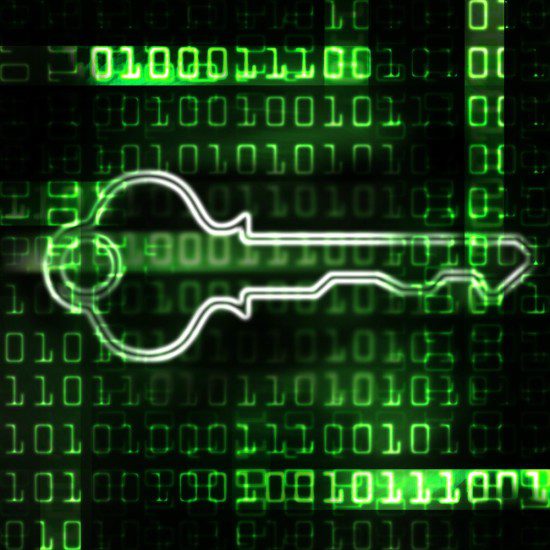Hacking has become a big problem in recent years. As society has become steadily more dependent on the use of computers in our lives, the issue of hacking and malicious online threats has become more prominent during the last two decades.
From the increasing reports of ‘ransomware’ encrypting hard drives and demanding a sum of money, to the websites of huge corporations being compromised – attacks made by cybercriminals are on the rise. But while instances of malicious attacks are becoming more frequent, hacking has existed long before the dawn of the internet.
[wp_ad_camp_4]
Cracking codes
Hacking, in some form, has existed since the 1930s. As explained in this infographic by Norton, mathematicians were able to decipher secret messages sent by the German military by cracking the code of the “Engima” machine. This was the first recorded instance of a computer hack.
Of course, hacking developed over the years as computer systems evolved and became more sophisticated. The term “hacker” is now associated with malicious criminals, who create viruses and compromise security systems.
However, “hackers” are computer programmers who found new ways to use computer systems and develop them, creating everything from games and applications to sophisticated operating systems.
Phone phreaks
In the 70s, before computer systems and software became commonplace in the home, phone hackers (known as Phreaks) corrupted the phone system. Phreaks were able to manipulate the system and benefitted from making long distance phone calls for free, or prank calling people using their phone.
But hacking the electronic phone system fell by the wayside as soon as computer systems evolved and became part of homes and businesses alike. Curious hackers wanted to know how computers worked, and what their vulnerabilities were – while hackers didn’t start as criminals aiming to sabotage systems, viruses and malicious programs created over the decades certainly changed that.
Personal computers and the Internet
The 80’s was the decade when computer hacking became a real threat to both businesses and home users. As modems and networks connected PCs, hackers were more able to exploit system vulnerabilities on a large scale. What’s more, the creation of viruses, worms and Trojans became rife given that they were able to spread to more systems.
Since the dot-com boom in the 90’s, society has become heavily dependent on the internet, using it for everything from shopping and socialising to banking and sorting our finances. But this means that now, more than ever we leave ourselves vulnerable to hackers and malicious attacks.
Over a few short decades, technology has developed incredibly quickly, and as we become more dependent on the web, hackers have more opportunity to exploit our information – everything from our personal email and social networking account to our bank accounts – which is why it’s important to stay internet-savvy and protect ourselves against malicious threats.
About Norton
![]() Norton™ provides award-winning antivirus and security software for your PC, Mac, and mobile devices. It also offers security solutions specifically geared to all types of organizations, ranging from small business to large enterprises.
Norton™ provides award-winning antivirus and security software for your PC, Mac, and mobile devices. It also offers security solutions specifically geared to all types of organizations, ranging from small business to large enterprises.
The opinions expressed in this post belongs to the individual contributors and do not necessarily reflect the views of Information Security Buzz.



